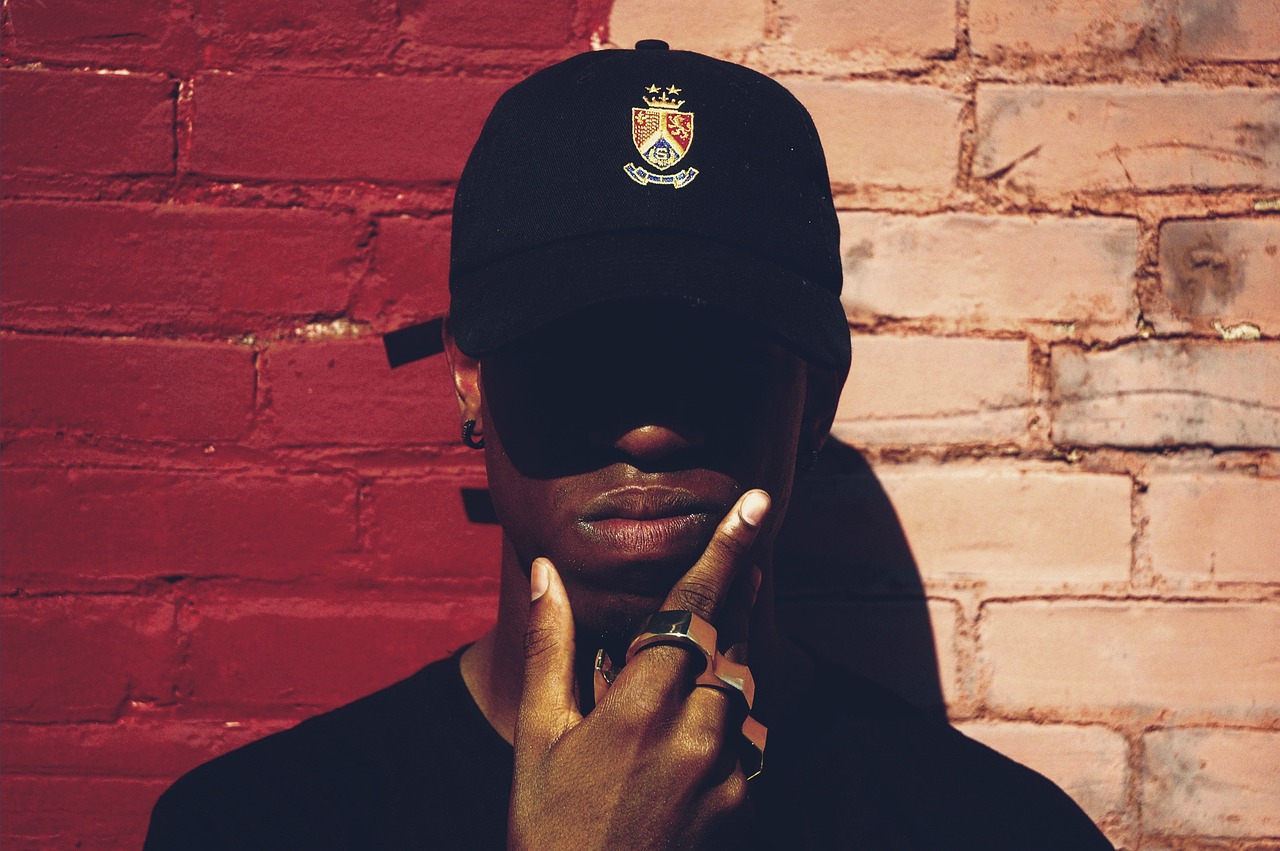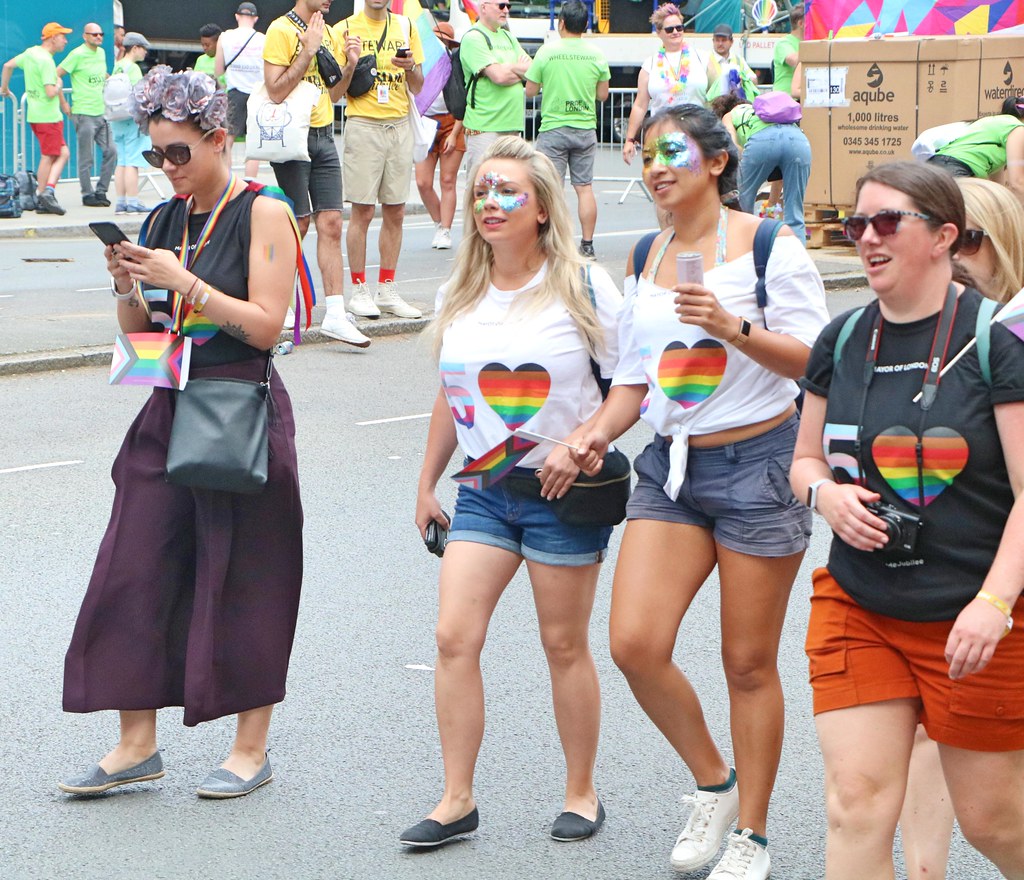In the realm of hip-hop, few things captivate audiences like a fierce rap beef, and the latest lyrical clash between Drake and Kendrick Lamar has set the music scene ablaze, particularly with Lamar’s fiery diss track ‘Not Like Us’ soaring to No. 1 on the US Hot 100. This chart-topping achievement isn’t merely a musical milestone; it has sparked conversations and debates that resonate deeply within the culture.

The origins of this intense rivalry can be traced back to Kendrick’s provocative verse on ‘Like That’ released in late March, which ignited a series of diss tracks exchanged between these two giants of hip-hop. Known for his cutting-edge lyricism and piercing insights, Kendrick didn’t hold back on ‘Not Like Us,’ where he alleges Drake is a ‘certified pedophile,’ marking this track as his fourth No. 1 hit, joining the ranks of his iconic singles like ‘Humble’ and his collaboration on Taylor Swift’s ‘Bad Blood.’
But ‘Not Like Us’ is more than just a chart-topping hit; it’s a statement. The cover art alone—an aerial photo of Drake’s Toronto mansion, doctored to look like a ‘registered sex offender’ sign is posted outside—is a bold move that speaks to the intensity of the feud. Lamar’s lyrics are equally unflinching, with lines like ‘Say Drake, I hear you like ’em young / You better not have to go to Cell Block One,’ and ‘You run to Atlanta when you need a few dollars/ You not a colleague, you a fuckin’ colonizer/ The family matter, and the truth of the matter/ It was God’s Plan to show you’re a liar.’
The impact of ‘Not Like Us’ was immediate, with 70.9 million official streams, 5 million radio airplay audience impressions, and 15,000 sold in the U.S. in the week ending May 9. It’s a testament to the power of rap battles to not only generate buzz but to also drive significant commercial success. In fact, this is the second time this year that a rap feud has resulted in a No. 1 song, following Megan Thee Stallion’s ‘Hiss’ in her ongoing feud with Nicki Minaj.

Drake wasted no time in responding to the serious accusations levied in ‘Not Like Us,’ with his own track ‘Family Matters’ currently sitting at No. 7 on the singles chart, boasting an impressive 38 million streams and 646,000 impressions on airplay. In this track, Drake firmly denies the allegations against him, passionately defending his character while weaving it into a broader narrative that includes other tracks such as ‘Push Ups,’ ‘Taylor Made Freestyle,’ and ‘The Heart Part 6,’ all contributing to the unfolding saga of this high-profile rap rivalry.
It’s clear that this feud has become about more than just music.
It’s a clash of ideologies, lifestyles, and reputations, with each artist using their platform to assert their dominance in the industry. Kendrick Lamar’s victory on the charts with ‘Not Like Us’ may be a significant point in this battle, but the war of words is far from over.
While all eyes are currently fixed on the dramatic exchanges between Drake and Kendrick, they are not the only artists making significant waves in the music charts right now. Rising star Tommy Richman’s ‘Million Dollar Baby’ holds strong at No. 2, and there’s also Sabrina Carpenter’s ‘Espresso’ and Benson Boone’s ‘Beautiful Things’ making their mark in the top 10, illustrating that the hip-hop landscape is vibrant and multifaceted, shaped by both feuds and emerging talent.
‘Not Like Us’ transcends the boundaries of a typical diss track; it has emerged as a cultural phenomenon that has captivated audiences worldwide. Regardless of whether you’re rooting for Team Drake or Team Kendrick, the magnitude of this feud—and the song itself—has undeniably left a lasting imprint on the hip-hop genre. As we all keep a close watch on the charts and anticipate the next strategic move in this lyrical chess match, one thing is for certain: rap music is thriving, with luminaries like Kendrick Lamar and Drake at its forefront.
As the dust settles on the charts, the cultural reverberations of Kendrick Lamar’s ‘Not Like Us’ and its subsequent No. 1 debut continue to echo throughout the music industry and society at large. The impact of rap feuds like the one between Lamar and Drake extends far beyond the realm of entertainment, shaping conversations about artistry, authenticity, and the societal issues reflected in their lyrics.
The phenomenon of rap battles is deeply ingrained in the history of hip-hop.
This tradition of rap battles has deep roots dating back to the very origins of the genre, where MCs engaged in lyrical contests to display their skills and earn the respect of their peers and fans. However, in today’s world, these rivalries have evolved, amplified by the immediacy of social media and the relentless 24-hour news cycle, transforming them into spectacles that captivate millions while often blurring the lines between personal grudges and public personas.

The ongoing dispute between Kendrick Lamar and Drake exemplifies how personal conflicts can escalate into public discussions that resonate widely. The serious allegations made in ‘Not Like Us’ have sparked a broader conversation regarding the responsibilities artists hold as public figures, particularly with Lamar’s incendiary claims about Drake being a ‘certified pedophile’ coupled with provocative cover art that depicts Drake’s mansion alongside a ‘registered sex offender’ sign. These elements are not mere provocations; they serve as a strategic move to highlight pressing societal issues, and while the truthfulness of these claims is up for debate, their very discussion showcases music’s power to shed light on topics often left in the dark.
The commercial triumph of ‘Not Like Us’ reflects the audience’s fascination with confrontations in the entertainment industry. Garnering an astonishing 70.9 million official streams, 5 million audience impressions on radio, and 15,000 units sold in the U.S. in the week ending May 9, the track’s stellar performance illustrates the allure of conflict in popular culture. This dynamic has permeated various forms of media, from reality television to professional wrestling, yet in hip-hop, it carries profound artistic and cultural significance that resonates deeply with fans.
The real-world implications of such feuds cannot be ignored.
The recent shooting of Drake’s security guard and attempts at trespassing at his home starkly illustrate how the lines between art and real life can dangerously blur. While the majority of rap battles remain confined to the lyrical domain, the potential for situations to spill over into actual violence serves as a sobering reminder of the risks involved. It raises important questions about the ramifications of these feuds on the personal safety of those entangled in them and the messages conveyed to fans who might interpret the lyrics as a call to action.

Despite the surrounding drama and controversy, rap feuds undeniably shape the evolution of the genre. They challenge artists to reach new creative heights, pushing them to deliver sharper, more incisive lyrics, and to confront their rivals with both wit and ingenuity. The ongoing exchanges between Lamar and Drake have given rise to a series of tracks that not only achieve commercial success but also showcase rich narrative depth and technical prowess, exemplifying the art form at its most competitive and engaging.
The feud has ripple effects on the broader music landscape. Other artists, such as Tommy Richman with ‘Million Dollar Baby‘ and Sabrina Carpenter with ‘Espresso,’ find themselves charting alongside the combatants, benefiting from the increased attention on the genre. The heightened interest in hip-hop during these times of conflict can provide a platform for emerging artists to break through and for established ones to reaffirm their relevance.
The cultural impact of rap feuds like the one between Kendrick Lamar and Drake is multifaceted. It’s a spectacle that entertains, a catalyst for important conversations, a driver of commercial success, and a potential risk for those involved. As society grapples with the themes presented in these lyrical battles, it’s clear that the influence of hip-hop extends far beyond the music. It’s a reflection of the times we live in, the struggles we face, and the stories we tell. And as the beat goes on, so does the conversation—provocative, polarizing, and perpetually pushing the boundaries of what music can be.
Related posts:
Kendrick Lamar’s Drake diss track debuts at number one in the US
Kendrick Lamar’s Drake Diss Track ‘Not Like Us’ Debuts at No. 1
Kendrick Lamar’s Drake diss track debuts at number one in the US





